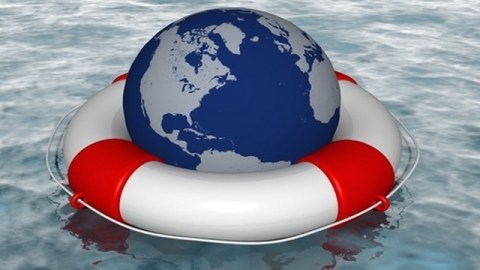Countries Can’t Bail Together: Is It Lack of Willingness or Ability?

Article written by guest writer Rin Mitchell
What’s the Latest Development?
There seems to be little willingness for major countries to act together as they did in 2008 when the world’s financial system came crashing down. Central banks helped out by distributing large amounts of money to economies, and banks were bailed out. Last year it seemed that economies were recovering—slowly—but still there was hope things were getting back on track. However, in recent weeks it has seemed like the light at the end of the tunnel for the economic state has gone dim. “Squabbles have grown, some countries are in fiscal distress, and others face daunting domestic problems.” The crisis in Europe is worsening, and the disputes among leaders are escalating; America’s job growth, reported in May, was only 69,000; China’s economy has been strong, but there are rising concerns as to the fate of the property boom. So why aren’t countries stepping up to help out again? It is stated that the same banks that provided financial support before are not in a position to do it again, and all around—”national governments are weak.” It is unclear whether or not this is the best or worst time for governments to borrow money. The U.S. and Germany have it easier with low-interest rate loans, but for the U.S. to spend right away would be politically hard. For other countries, it is the opposite, harder to borrow and more expensive to payback.
What’s the Big Idea?
Countries are hurting economically across the board; however, some less than others. Right now, country disputes need to cease, and ways to help each other out need to be sought. “Germany—the country that would have to pick up most of the bill to rescue its neighbors—could decide that not spending the money created greater dangers. The United States could find ways to help out despite fiscal pressures and Congressional hostility to foreign aid. A new consensus on common bank regulation could emerge.”





